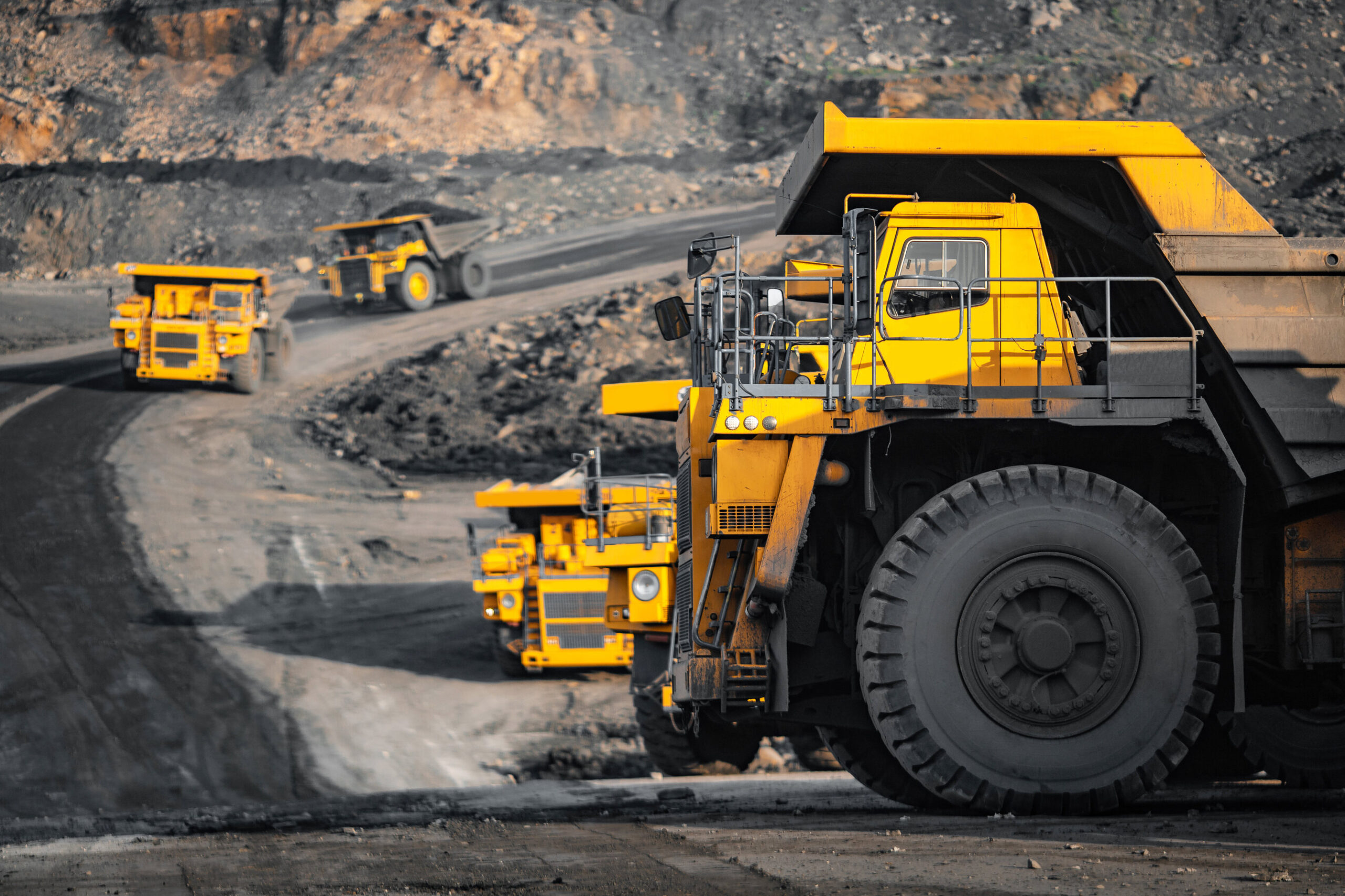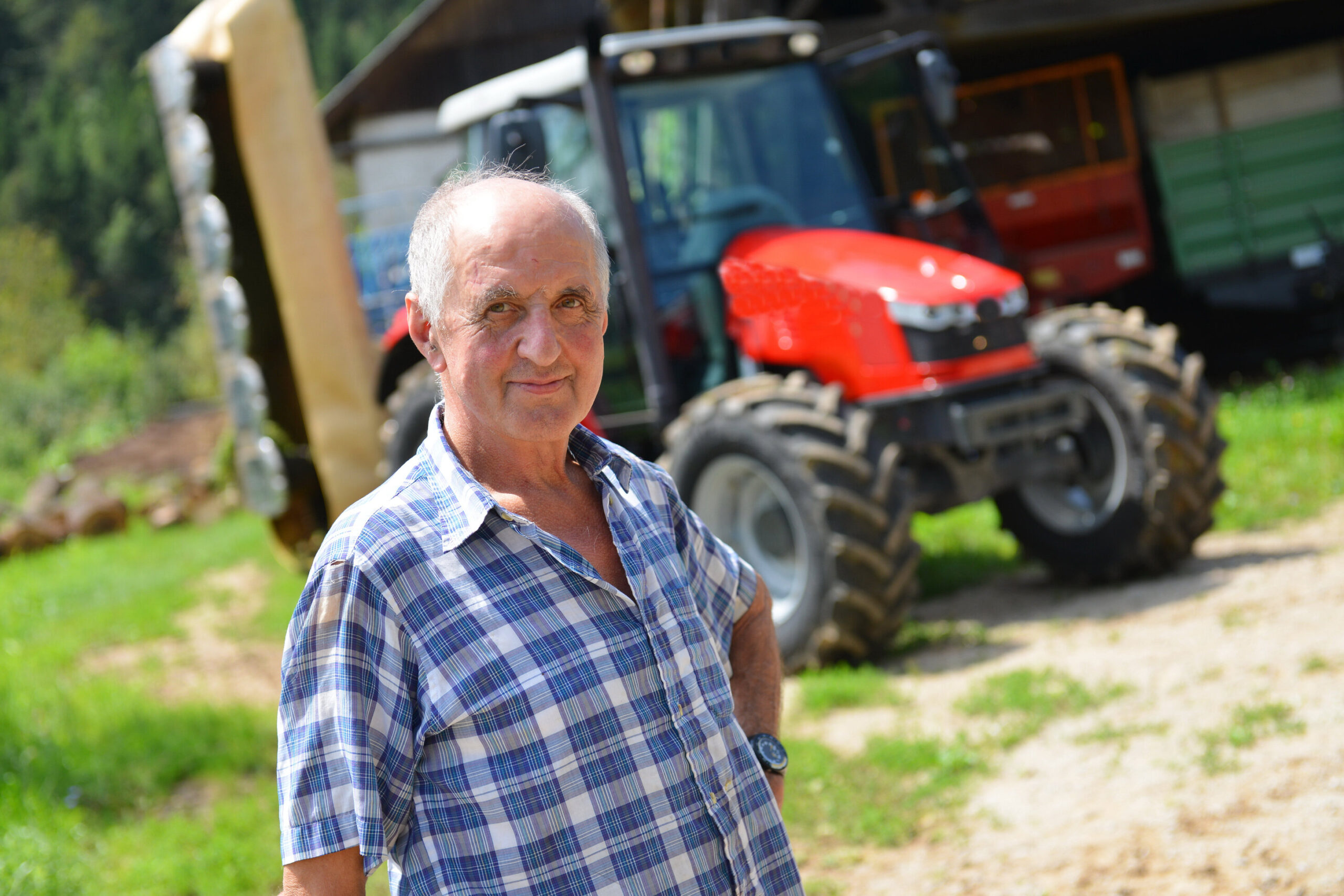In vehicles, vessels, machines and appliances which are not allowed to use rebated fuel since the 1st April 2022, it is likely there will be a period between the rules changing and the rebated fuel in the internal tank or engine being used up.
How long this will take will depend on the:
- type of vehicle, vessel, machine or appliance
- size of its fuel tank
- rate of fuel consumption
HMRC acknowledge that due to the requirement to maintain minimum fuel stock levels for safety reasons and operational requirements, fuel which has had full duty paid may be put into and mixed with existing stocks of rebated fuel in the tank. This may mean there may be a red indicator in the tank beyond 1 April 2022.
As part of the transition to the new rules, we are committed to working with you and your business to make sure you understand the impact of the changes.
We will consider the steps you’ve taken to change to using diesel or biofuels fuel which have had full duty paid (where needed). We will target users who deliberately or knowingly use rebated fuel unlawfully by checking receipts and invoice records.
We may carry out checks to confirm the correct fuel is being used in:
- vehicles
- vessels
- machines
- appliances
- storage tanks
You should be able to show that you have been refilling with the correct fuel since the rules changed by keeping invoices or receipts showing that you’ve purchased diesel or biofuels which have had full duty paid.
If after 1 April 2022, we find traces of fuel markers in the fuel supply of a vehicle, vessel, machine or appliance which is not allowed to use it, we will try to establish from our testing and your records whether the quantities are consistent with rebated fuel put into the tank before the rules changed. You may be asked to give evidence to show that any rebated fuel was put in before the rules changed and is still being used up. Where we find this to be the case we may arrange follow up checks to make sure that any quantities of rebated fuel are reducing.
If you put a vehicle, vessel, machine or appliance to both accepted and non-accepted uses after the rules change, you must keep records which demonstrate when you’ve flushed the tank and you have used full duty paid fuel for non-accepted uses.
For example, if you hire a vehicle, vessel, machine or appliance in which rebated fuel is acceptable for specific uses, you will need to keep evidence to confirm the correct fuel has been put into the fuel tank.
HMRC will consider what purpose the vehicle, vessel, machine or appliance was being used for at the time of inspection and whether this was an accepted use.
Vehicles, vessels, machines or appliances found running on rebated fuel that HMRC establishes was put into the tank after 1 April 2022, will be liable to be seized unless a licence has been granted and the duty paid.
HMRC will have the discretion not to seize if the user can demonstrate, using invoices and receipts, that they did not put rebated fuel into the fuel tanks after the rules changed.
If we have evidence or reason to believe you have put rebated fuel into your vehicle, vessel, machine or appliance intentionally or recklessly after the rules changed, you may be subject to the civil or criminal sanctions.











